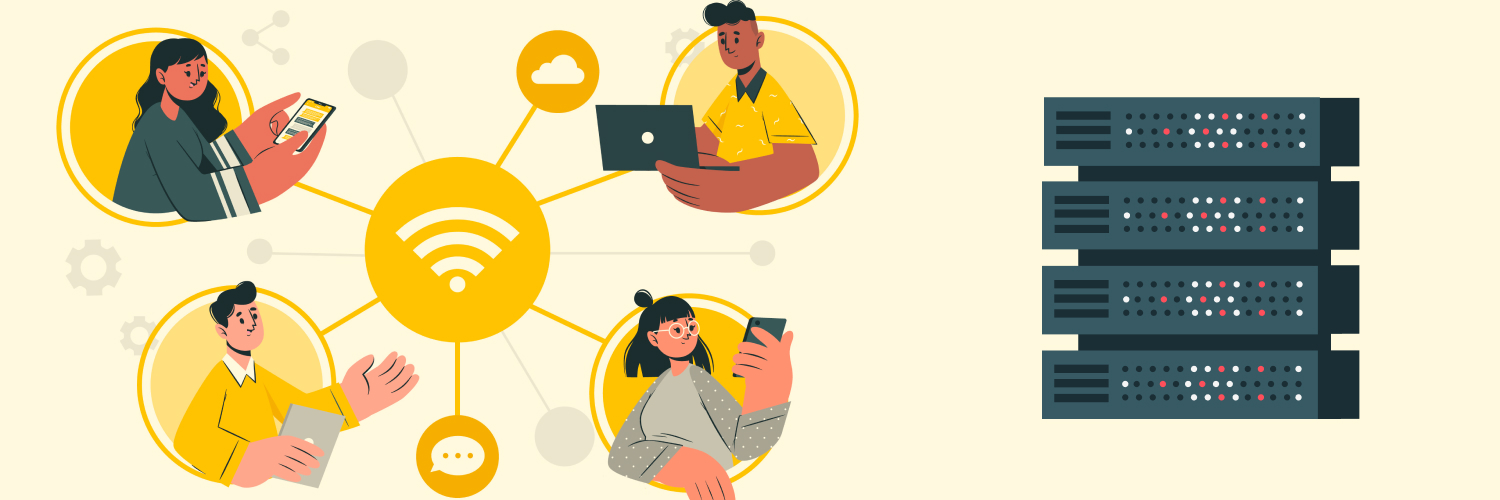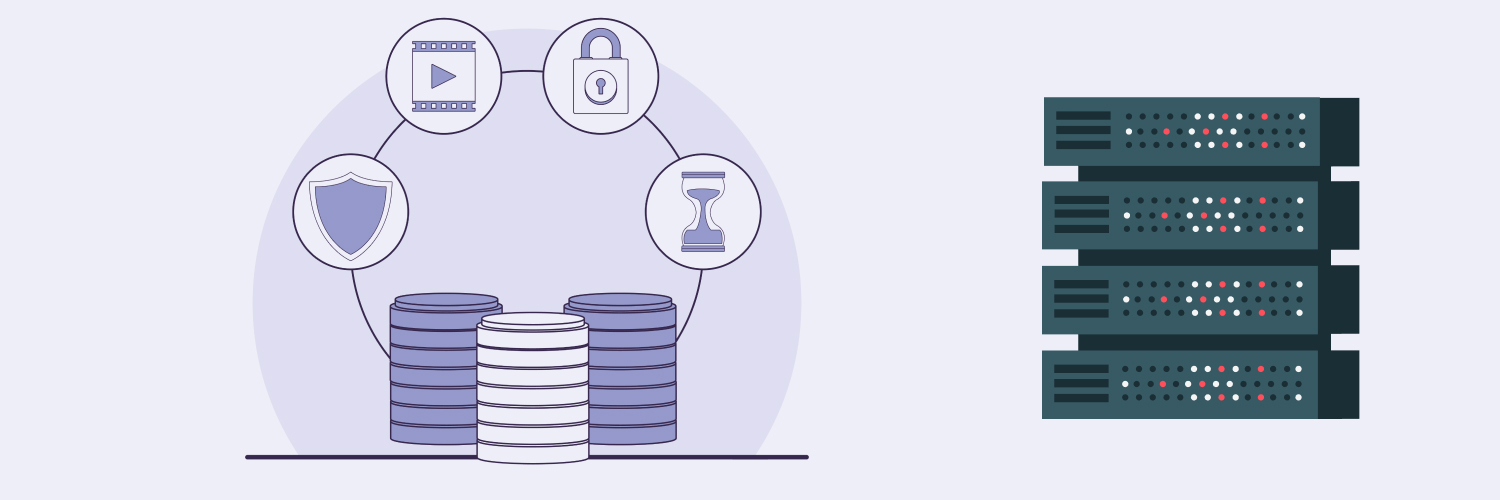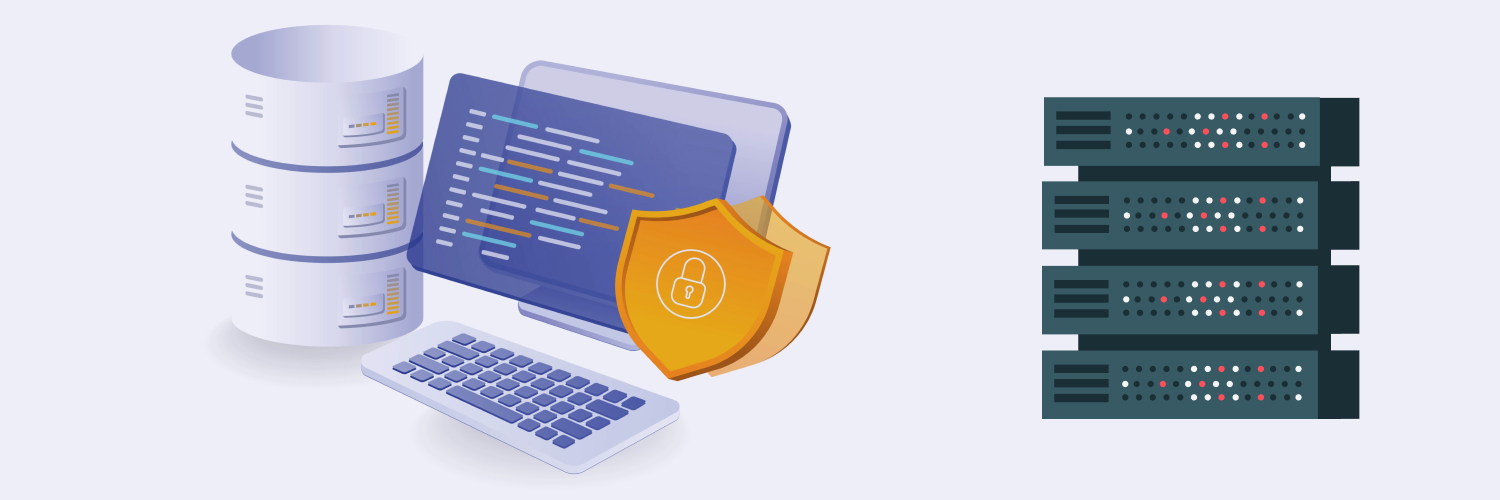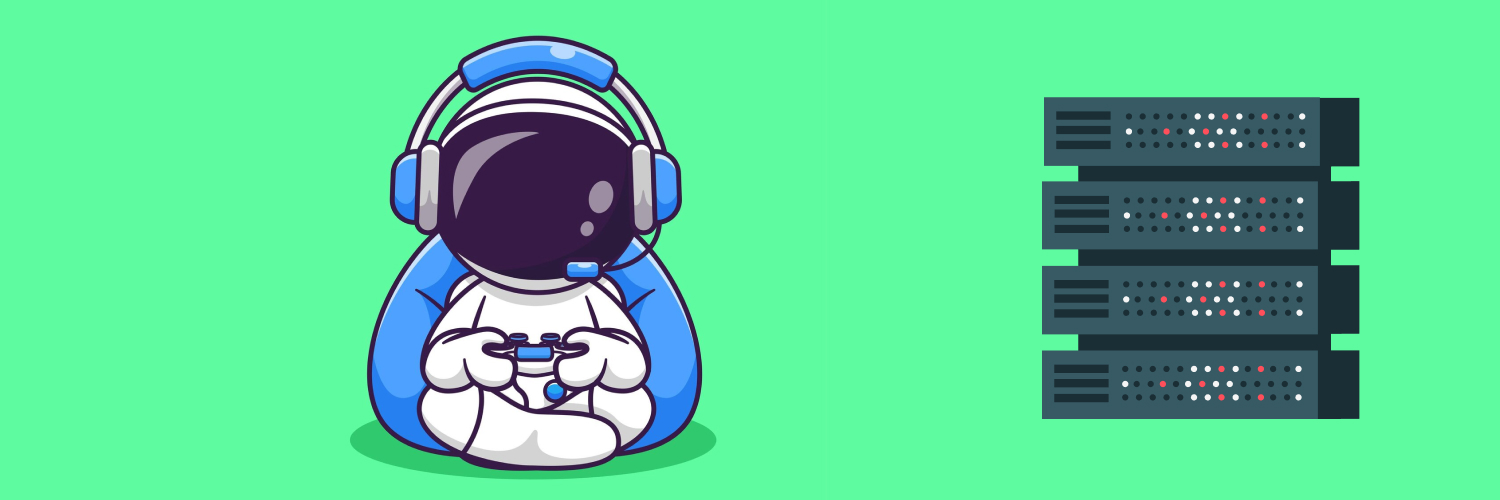Why Ethical Use of Data Is So Important
Data collection helps businesses stay competitive and make informed decisions. A smart data strategy will predict customer behavior, improve the efficiency and productivity of your workforce, and drive the development of successful products and services. However, with the massive volume of available data continually increasing, concerns about ethical data collection and use of data have become a serious issue.
Every company should have an ethical policy surrounding its data collection and use. Such a policy will protect your company’s public image and enhance your bottom line. Customers who prioritize data privacy are more likely to do business with open and transparent brands about their data policies.
Your data policy should cover data that you collect directly from customers as well as publicly available data that you collect from other sources. While the specifics will vary based on the data collection source, the overarching philosophy behind your policy will be to collect data in a manner that maximizes privacy and minimizes disruption.
What Is Ethical Data Collection?

Ethical data collection prioritizes user privacy and consent. When you’re collecting data directly from users, you should get consent for every use case of their data. If you change how you’re using their data, you’ll need fresh consent. You should be transparent about your data models and remove identifying data when it’s not needed.
When you’re collecting data from websites via web scraping, you should do so in a way that won’t negatively impact the website’s performance. Your web scraper should be discreet, efficient, and low-impact.
Ethical Concerns Regarding the Collection of Data

Data and algorithms are highly influential in modern society. From determining whether an applicant qualifies for a mortgage to the length of a prisoner’s sentence, opaque machine-learning algorithms wield tremendous power.
Although data-driven insights deliver many benefits, data interpretation is only as reliable and impartial as the people behind it. In her book “Artificial Unintelligence,” Meredith Broussard examines the dangers of assuming tech will save us from societal ills and prejudice. As we increasingly rely on machine learning to provide judgment and direction, it’s crucial that we don’t lose sight of the limitations of algorithms.
How To Collect Data in an Ethical Manner

To effectively use data to make informed decisions, you’ll first need to gather it. This is primarily done through web scraping. While some data exists in a neatly structured format, waiting patiently for you to download, most data exists in an unstructured form. Web scraping allows you to collect unstructured data and export it into a usable format.
Almost everyone who works with data uses web scraping to collect it. Since web scraping can negatively impact the sites you scrape, you must follow best practices to mitigate any possible harm. Some of the best practices for ethical data collection include:
- Always check for a public API and use that if it has the data you need.
- Never gather data behind a paywall or a site that requires a registered user account.
- Scrape data at a reasonable rate by controlling the number of requests per second.
- Only save the data you need.
- Follow the site’s Robots.txt file.
- Don’t add anything to a basket on a retail site.
- Scrape during off-hours.
- Provide a user agent string so the site can contact you if necessary.
Implementing an Ethical Data Collection Policy

Once you’ve decided on the details of your data collection policy, you’ll need to communicate it to everyone involved to ensure it’s implemented properly. Here are some steps you can take to make the process smoother:
- Formalize the policy and make it easily accessible to everyone who needs it.
- Communicate your standards to everyone involved in the data collection policy.
- Provide transparency about your process and data use to people you collect data from directly.
Working With an Ethical Proxy Provider

Proxies are an integral part of data collection via web scraping. Once you’ve invested the time and effort to create and follow ethical data collection guidelines, you’ll want to make sure all of your data collection partners are as ethical as you are.
Rayobyte sets the standard for ethical business practices in the proxy community. Historically, proxies were frequently associated with black and gray hat behavior. Rayobyte brought proxies into the light. Our proxies are used by organizations of all sizes, including government agencies and Fortune 500 companies.
To do our part to ensure our proxies are used ethically, we thoroughly vet our customers’ use cases before we do business with them. We don’t do business with people who want to use our proxies for malicious purposes. Our reputation is as important to us as yours is to you. But our commitment to ethical data use doesn’t stop at vetting our clients.
We are also entirely ethical and transparent about how we source our proxies. Our end-users fully consent to the use of their IP address and can easily revoke their consent at any time.
No matter what type of proxy you purchase from us, you can rest easy knowing you’re dealing with an ethical company. We have the most reliable proxies on the planet, including:
Data center proxies
Our data center proxies are fast and reliable. They’re the cheapest type of proxy you can buy, and you get unlimited bandwidth when using them. But one disadvantage to data center proxies is that they’re easily recognized as originating in a data center. Some sites ban all data center proxies, so you can’t use them to access those sites. Other sites allow data center proxies but ban entire subnets if they detect bot-like activity from an IP address. Because of this, data center proxies aren’t usually the best choice for data collection.
Residential proxies
Residential proxies are the most authoritative type of proxy. They’re issued by internet service providers (ISPs) and sourced directly from real users, so they’re unlikely to get banned automatically. As long as you use them correctly and use a pool of proxies rather than a static proxy, they’re ideal for web scraping. The only downside to residential proxies is that they’re more expensive than others.
ISP proxies
ISP proxies offer features of both residential and data center proxies. ISPs issue them, so they have the authority of residential proxies. But they’re housed in data centers, so they have the speed of data center proxies.
At Rayobyte, we believe in working harder than anyone else to help you achieve your goals. Reach out today to find out how we can partner with you to accomplish all of your data collection needs.
Final Thoughts

Data is an integral part of every business’ strategic operations in today’s digital-first landscape. However, with an ever-growing concern about data privacy issues and troublesome use cases, codifying an ethical data collection and usage policy is a smart business decision for all companies. With a well-crafted policy, you can take advantage of all of the insights big data offers and avoid any possible pitfalls.
The information contained within this article, including information posted by official staff, guest-submitted material, message board postings, or other third-party material is presented solely for the purposes of education and furtherance of the knowledge of the reader. All trademarks used in this publication are hereby acknowledged as the property of their respective owners.






